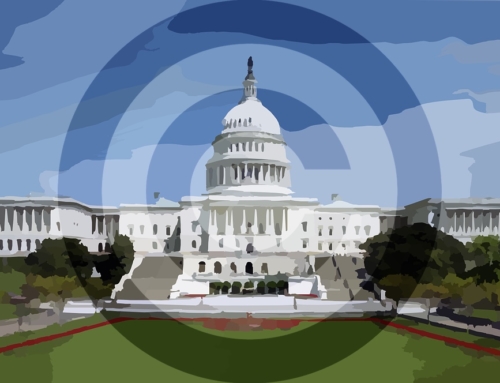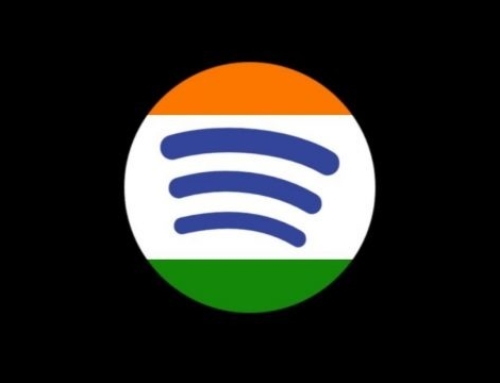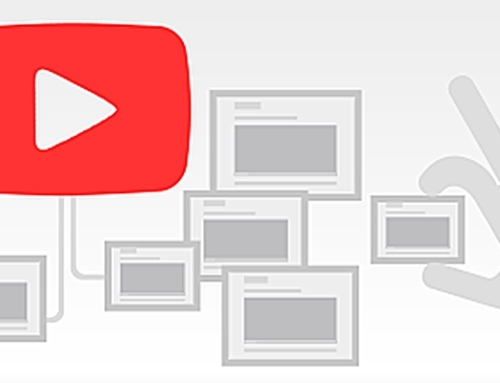For the first time in over 20 years, the European Union has passed sweeping changes to copyright reform that will affect the ways in which residents of Europe use the internet.
As we’ve discussed here before, the changes were put into place in an effort to catch up with regard to how the internet has changed how we use and interact with copyrighted material.
First introduced in 2016, the Copyright Directive features two articles that have garnered a fair amount of attention and criticism.
Article 11, otherwise known as the “Link Tax,” looks to ensure that news organizations are paid fairly for the online dissemination of their stories.
Article 13 seeks to remove the responsibility from rights holders in regard to flagging copyright violations and instead place it onto websites that host copyrighted material.
This will require websites to implement pre-filter systems that weed out any copyrighted material from being posted at all.
These two particular facets of the Copyright Directive have proven to be extremely divisive in the entertainment industry, with some high-profile stars such as Debbie Harry and Paul McCartney praising the changes, while others see it as a movement towards censorship of the internet.
Following final approval of the Copyright Directive last week, the European Parliament was quoted as saying the following in notes accompanying the announcement:
The notes looked to dispel some of the controversies that have surrounded the legislation, in adding that ”hyperlinks to news articles, accompanied by ‘individual words or very short extracts’ can be shared freely” and will be exempt from Article 11.
Furthermore, the notes added, “This directive is an important step towards correcting a situation which has allowed a few companies to earn huge sums of money without properly remunerating the thousands of creatives and journalists whose work they depend on…It helps make the internet ready for the future, a space which benefits everyone, not only a powerful few.”
The final version of the Copyright Directive has also removed some of the aspects that critics had feared most. For example, it will still be possible to upload material to non-commercial sites such as Wikipedia and open-source platforms such as Github. Startup platforms will also largely be exempt from the legislation, as commercial websites will have to be more than three years old, receive yearly revenue exceeding €10 million, and have more than five million unique monthly visitors before they are required to follow the rules laid out in the Copyright Directive.
One of the biggest concerns raised by European citizens in regard to the Copyright Directive was aimed towards the future of memes. Given that memes are shared widely across the internet and often contain some form of copyrighted material, many worried that this legislation would kill the meme and, in turn, impose harsh censorship on the internet as a whole.
In response to this, Axel Voss, a European Parliament spokesperson, said: “We listened to the concerns raised and chose to doubly guarantee the freedom of expression. The ‘meme,’ the ‘gif,’ the ‘snippet’ are now more protected than ever before.”
In the months leading up to the vote, it was massive tech companies such as Google and YouTube who were the most vocal in criticizing the Copyright Directive and its possible intent to stifle freedom of expression on the internet as well as hampering news companies (such as Google) and their ability to share information.
Following the passing of the legislation, YouTube posted a statement on Twitter that called the final version of the Directive an “improvement,” but added that it was “concerned about the law’s unintended consequences that may harm Europe’s creative and digital economy.” What they failed to mention was the fact that they, and other tech giants, now stand to make massive profits from the passing of the Copyright Directive.
Considering that Article 13 specifically asks web platforms to monitor for copyrighted material and remove it before it is even uploaded, most large-scale platforms will need to implement content filters that flag any type of potential copyrighted material. YouTube specifically has been using its own content filter, known as ContentID, for over a decade.
ContentID uses an algorithm to compare videos as they are being uploaded against a database of registered videos, and flags them if it finds any potential violations. If violations are found, the videos are either demonetized or taken down entirely. While YouTube’s system is nowhere near perfect and has been responsible for many mistakes and instances of manipulation, it is still regarded as one of the best content filters on the market. YouTube’s parent company, Alphabet, has invested more than $100 million in development of the software, and it is currently being used by more than 9,000 broadcasters, movie producers and movie studios around the globe.
Following the passing of Article 13, practically every major web platform in Europe will need to implement similar content filters. Given the fact that these filters are expensive to produce and difficult to create, many platforms may look to licence YouTube’s ContentID algorithm, which would be great news for the pockets of the video-sharing platform and its shareholders.
For now, internet users will largely remain unaffected, as platform owners bear the brunt of the burden in finding ways to enact the legislation on their individual platforms. Still, the Directive will need to be approved by the Council of the European Union. This vote is expected to take place April 9th.
Following the Council’s approval, member states will then have to individually accept the text of the Directive. The legislation will take effect following its publication in the official journal. Member states will have two years from the publication date to implement the legislation.









Leave A Comment
You must be logged in to post a comment.